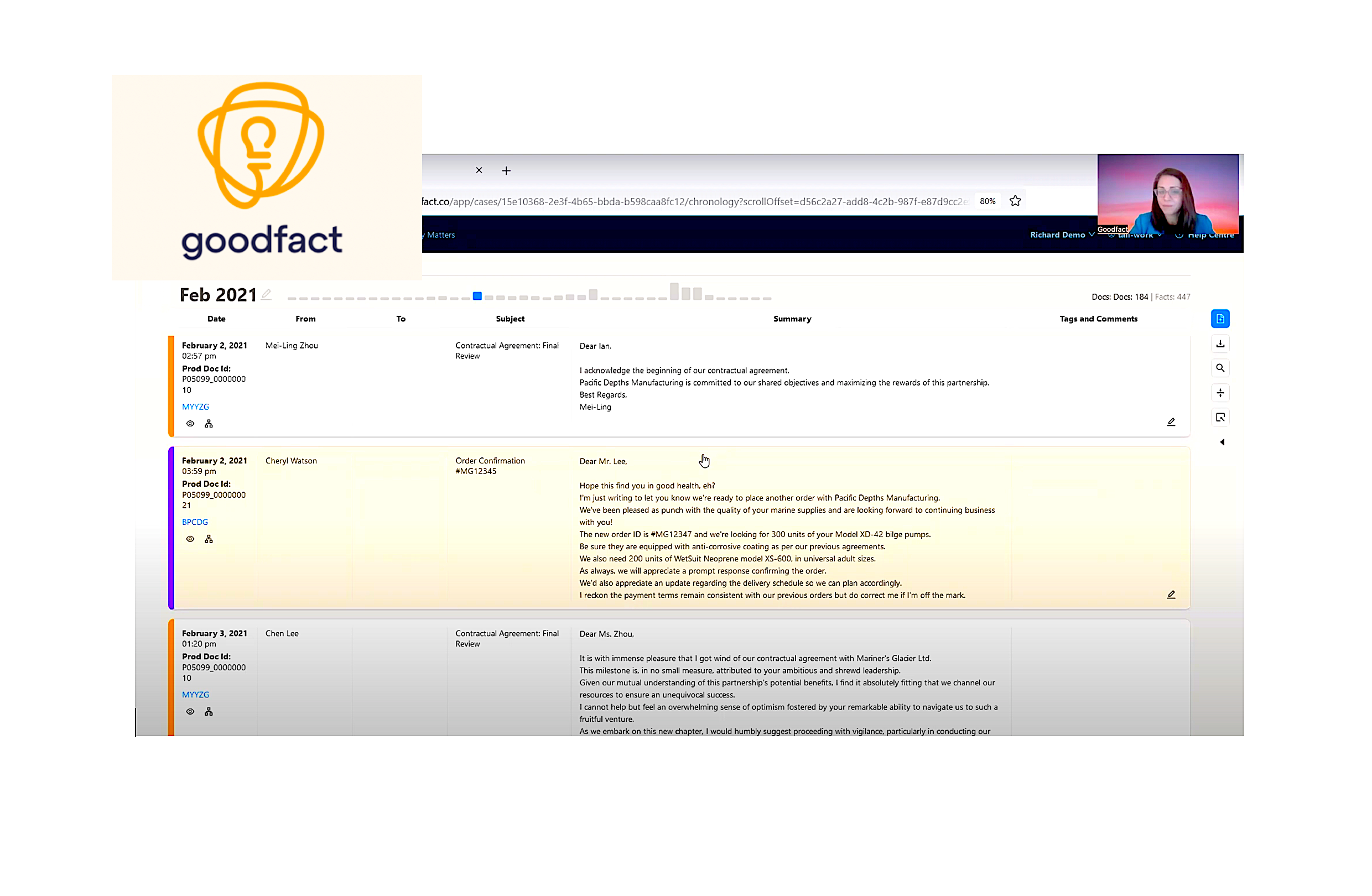Your location or browsing habits could lead to price increases when buying online
Companies are showing customers different prices for the same goods and services based what data they have on them, including details like their precise location or browser history.

Companies are showing customers different prices for the same goods and services based what data they have on them, including details like their precise location or browser history.
The name for this method is surveillance pricing, and the FTC has just released initial findings of a report looking into that practice. In July 2024, the FTC requested information from eight companies offering surveillance pricing products and services that incorporate data about consumers’ characteristics and behavior.
The goal was to get a better understanding of the “shadowy market” that third-party intermediaries use to set individualized prices for products and services based on consumers’ characteristics and behaviors, like location, demographics, browsing patterns, and shopping history.
Speaking to staff at these firms, the FTC found that behaviors ranging from mouse movements on a webpage to the type of products that consumers leave in an online shopping cart without clicking Buy can be tracked and used by retailers to tailor consumer pricing.
The intermediaries claimed they used advanced algorithms, artificial intelligence, and other technologies, along with personal information about consumers to determine targeted prices.

FTC chair Lina M. Khan said:
“Americans deserve to know whether businesses are using detailed consumer data to deploy surveillance pricing, and the FTC’s inquiry will shed light on this shadowy ecosystem of pricing middlemen.”
The first priorities to investigate are:
- The types of products and services engaged in surveillance pricing
- Data sources and who collected them
- Who the potential customers are
- How surveillance pricing impacted the prices offered to these customers.
This is nothing new, we’ve seen numerous times that insurance companies are very interested in our lifestyle and will happily charge more or even refuse to take us in as customers if they think we’re too much of a risk.
But, needless to say, surveillance pricing can have serious consequences, not only for our privacy, but also for fair competition and for consumer protection.
Probably the most shocking thing is the type of information that could be involved. The FTC notes that some of these companies even created lists of people suffering from diseases for the purpose of targeting them with offers for ineffective or worthless cures. This makes the introduction of a bill saying data brokers should stop trading health and location data perfectly understandable.
What can you do?
When it comes to sharing data online, we’ve all heard someone say, “What’s the big deal when I have nothing to hide?”
Well, this is exactly the deal: By exposing their private data online, they might well end up with companies charging them more. It’s a no brainer that we should all be sharing as little as possible. Here’s how:
- Limit what you share on social media as much as possible, and try to keep personal data out of photos and written posts
- Only tell companies the information that they need for the service or product they’re providing. Use false information as much as possible
- If you are asked to share your location data with an app and there’s no clear reason why you might need to, deny the app that permission
- If you have to share your location—for example, when using a map app—choose the “Allow only while using the app” option, so that it will be unable to continuously track your location and movement
- Read privacy policies, however boring they are. Understand how the company will be using your data
- Block web tracking wherever you can. Malwarebytes Browser Guard automatically declines the cookie consent banners you see on websites, opting you out of data collection performed by tracking cookies (and it’s free).
We don’t just report on threats – we help safeguard your entire digital identity
Cybersecurity risks should never spread beyond a headline. Protect your—and your family’s—personal information by using identity protection.
What's Your Reaction?



















































































